
A change from Jackie Chan and Jet Li – Beast Cops’ Gordon Chan on how directing the Hong Kong gangs vs police film was not like his previous work
- Director Gordon Chan talks about 1998’s Beast Cops and how working with Anthony Wong, Michael Wong and Sam Lee differed from directing Jackie Chan and Jet Li
- He reveals how triad members told him stories about dishing out beatings, the time he saw a fight in a club and why he gave Beast Cops the ending it has
To be successful in the 1990s, Hong Kong film directors had to balance their creative aspirations with the demands of their producers and audience.
Gordon Chan Kar-seung proved highly adept at this balancing act, working across all genres to make superior commercial hits.
Among his best films is Beast Cops, an unusual 1998 drama which focused on a trio of police officers in Mong Kok who were so close to their triad adversaries they became indistinguishable from them.
I wanted to bring some interesting people together, and then give them problems
Anthony Wong Chau-sang, who was named best actor for his role in the film as a cop who is so relaxed while patrolling that when a robbery occurs, he thinks it is a film shoot.
This does not go down well with his new boss, played by Michael Wong Man-tak.
But then he, too, loses himself in the world of crime, bedding a triad boss’ girlfriend and hanging out at sleazy clubs. So which side of the law are the cops really on?
The following interview with Chan was conducted by this writer just before Beast Cops’ release in 1998.
Beast Cops is much more of a character-driven film than the action-packed First Option.
Yes, although the producers still asked me to include a certain amount of action. We do not have enough money to shoot a lot of action scenes these days – the market for Hong Kong films has deteriorated alarmingly, so I wanted to make a film that was a little cheaper.
I hoped this would allow me to focus more on the characters than the action. I have been wanting – begging! – to shoot this kind of film for some time, but everyone wanted me to make a big-budget film.
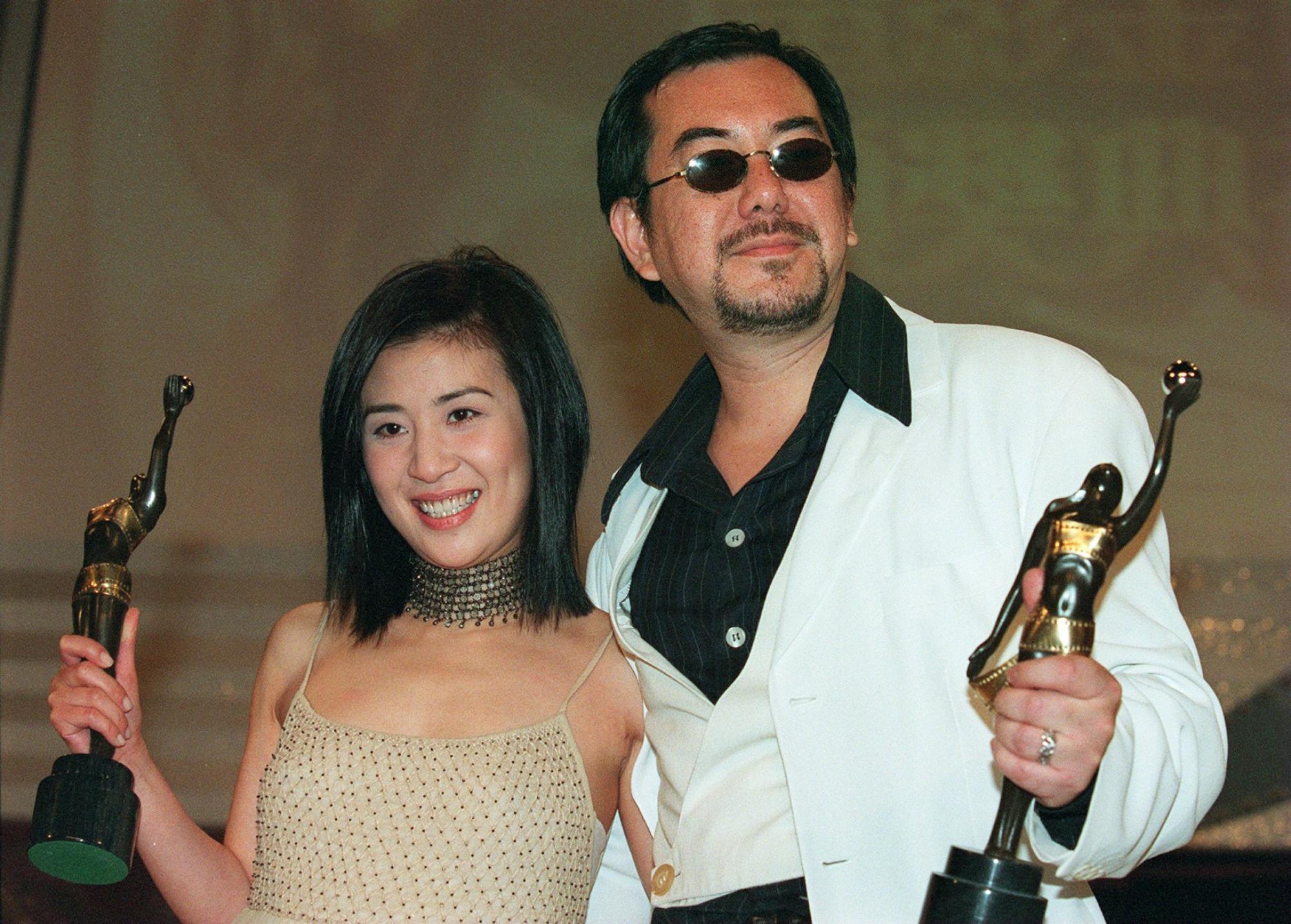
Working with Anthony Wong – who broke off his drama studies in Britain to take up the role – Michael Wong and Sam Lee [Chan-sam] must have been a lot of fun.
Yes, we had a lot of fun on the set, talking about guy stuff and men’s problems. We improvised a lot. We were very relaxed, and I think this shows up in the film.
You see a bunch of guys really enjoying themselves. That was the idea. I wanted to bring some interesting people together, and then give them problems.
The idea was to push the violence so far that viewers would feel disgusted by it
The film has a very local feel.
It is full of Hong Kong characters. I have tried to give the audience something very familiar. They will understand the characters’ problems and feel for them – and hopefully enjoy watching them sort their problems out.
How does working with these stars compare to working with Jackie Chan (in Thunderbolt) and Jet Li (in Fist of Legend)?
Well, with Jackie you have to compromise. He is so charismatic, you cannot really avoid doing that. I compromised a lot – sometimes I even left the set and let him get on with it. I was not happy about that, but I knew that Jackie was doing the best for the movie.
Jet Li trusted me a lot on Fist of Legend. The shoot was relatively short, so he had to do less fighting. He appreciated that.
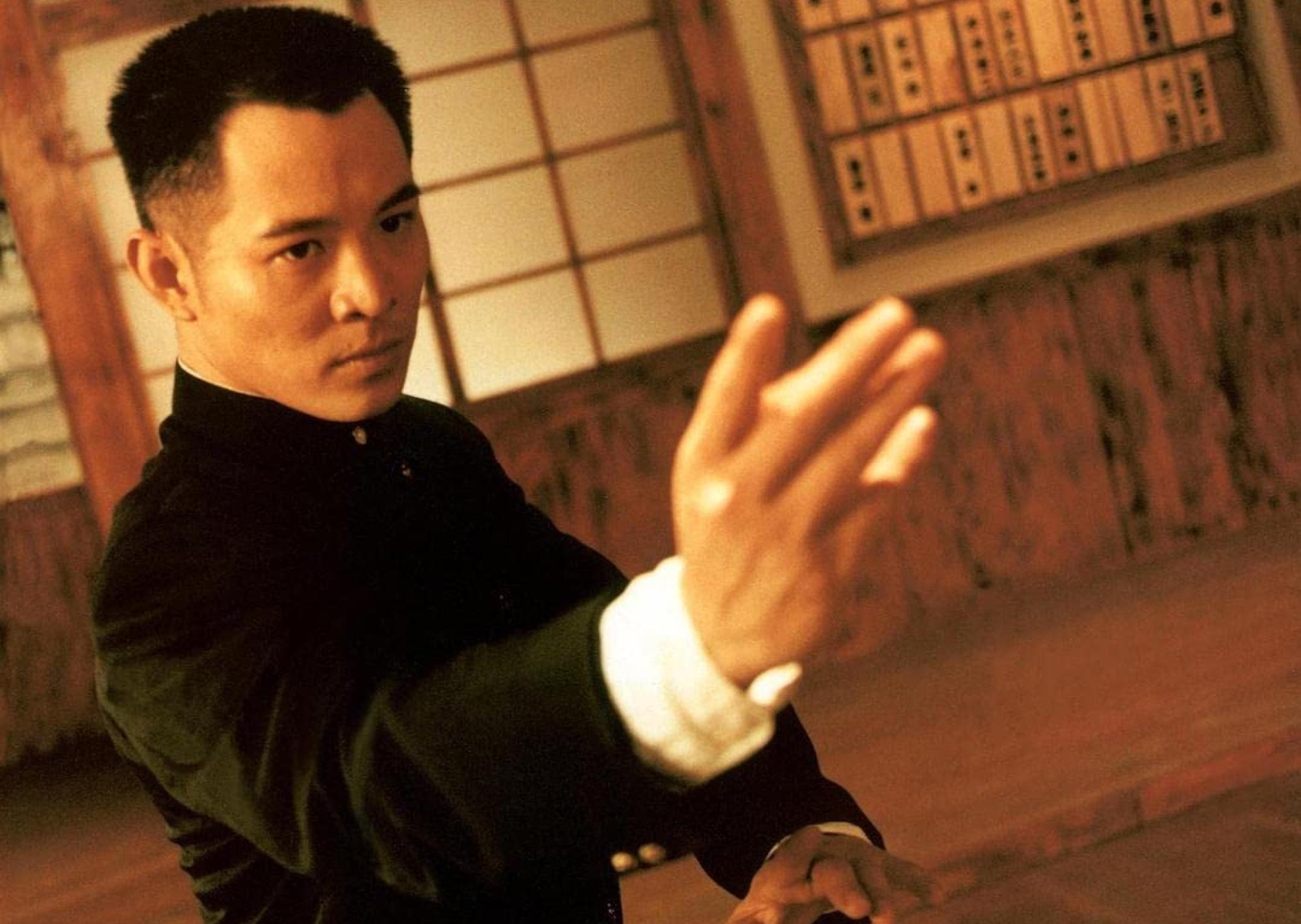
You have directed some “nonsense” comedies with Stephen Chow, but the humour in Beast Cops is more situational.
The fun is in seeing how everyone faces their problems and takes care of each other. Instead of writing gags and jokes, I tried to go a bit deeper. The clash of attitudes and ideologies is what makes it funny. If you put people with very different attitudes together, you generate humour.
There is humour, but the core of the film is very dark. There is some nasty triad violence on the streets of Mong Kok, for instance.
The violence in the film is meant to make people realise that they are actually looking at something very dark. The action scenes happen very fast, and that makes them realistic. This is how I saw it happening in the real world, when I did my research. Real violence starts and finishes quickly.
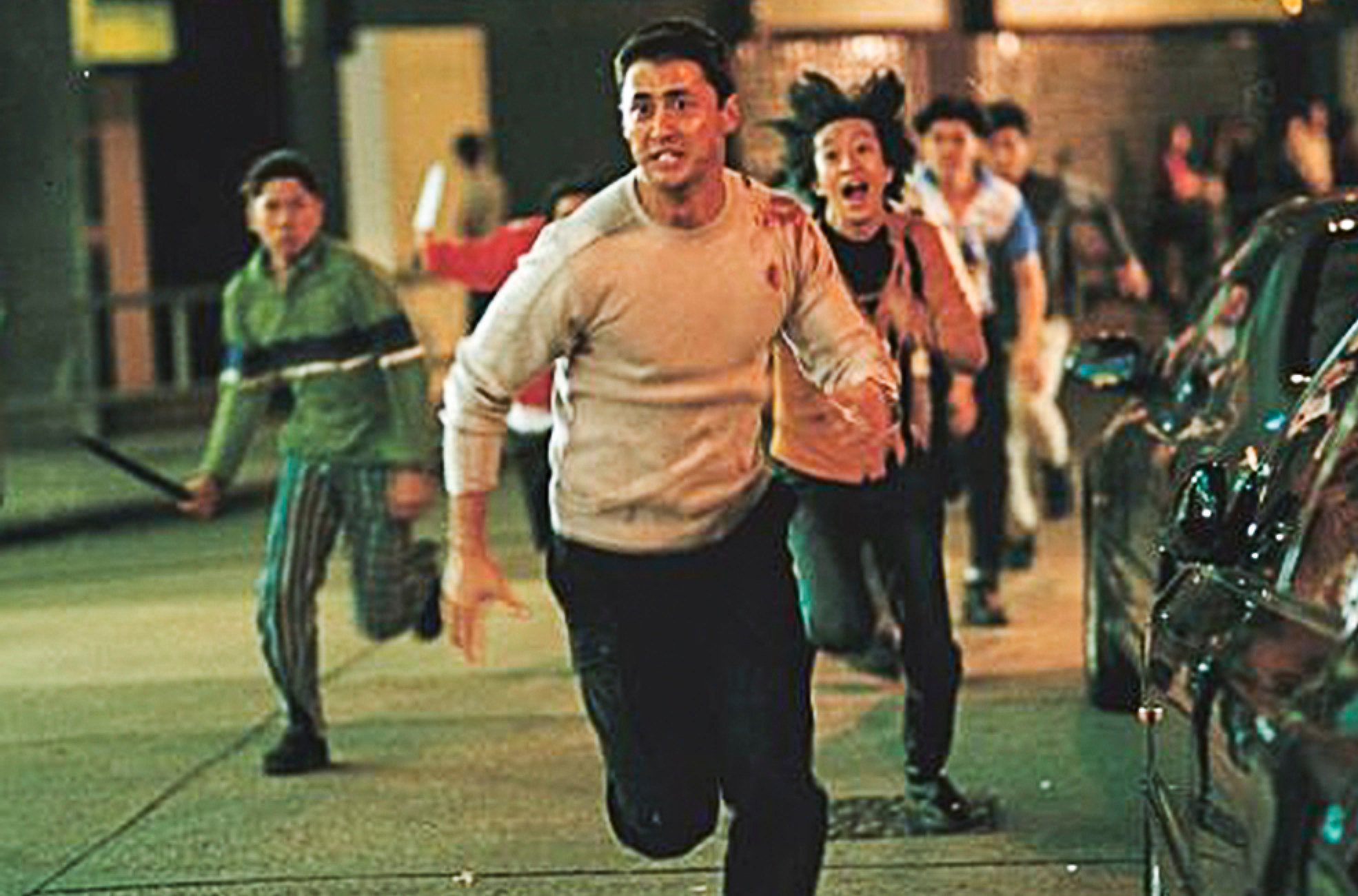
One night, in a club, I saw a couple of guys get beaten up – I almost missed it, as it was so quick. There is no set-up for violence in real life, like you see in movies.
The blood-drenched finale, directed by your co-director Dante Lam Chiu-yin, is not realistic like the rest of the film. Why the difference?
When we got to the ending, I had to make a difficult decision. If I did the action finale in a quick and realistic way, the producers would have been disappointed. They would have complained that it was bad for business. So I decided to do something different, but still give them some more action.
The idea was to push the violence so far that viewers would feel disgusted by it. It is actually a statement against violence.
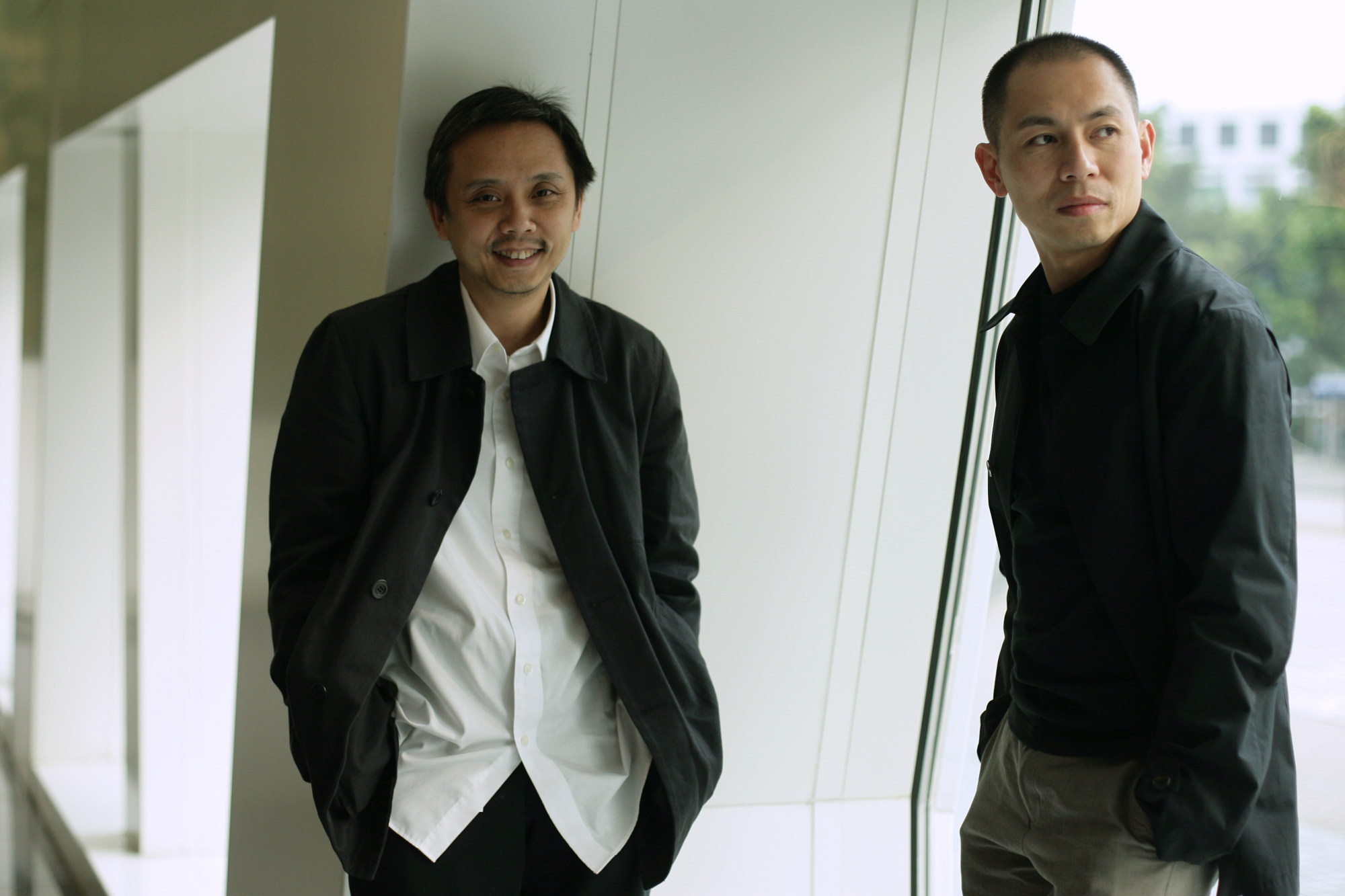
Some of the triads are reduced to cowering in fear underneath wicker baskets.
I wanted to make them look scared. You should not glorify violence. It should never look like it is fun.
You are known for your meticulous research. Did you research triad life for Beast Cops?
It was a challenge for me to write about triads. It is not really my thing. When I started my research, I quickly discovered that real triads were different to the ones you see in the movies. I started to wonder about them. How do they operate? What do they do at night?
One of the clubs I did my research in was actually used as a location in the film. The triads I saw all sat at different tables, like in the film. They all stared at each other, trying to show that they were the biggest bosses in the room.
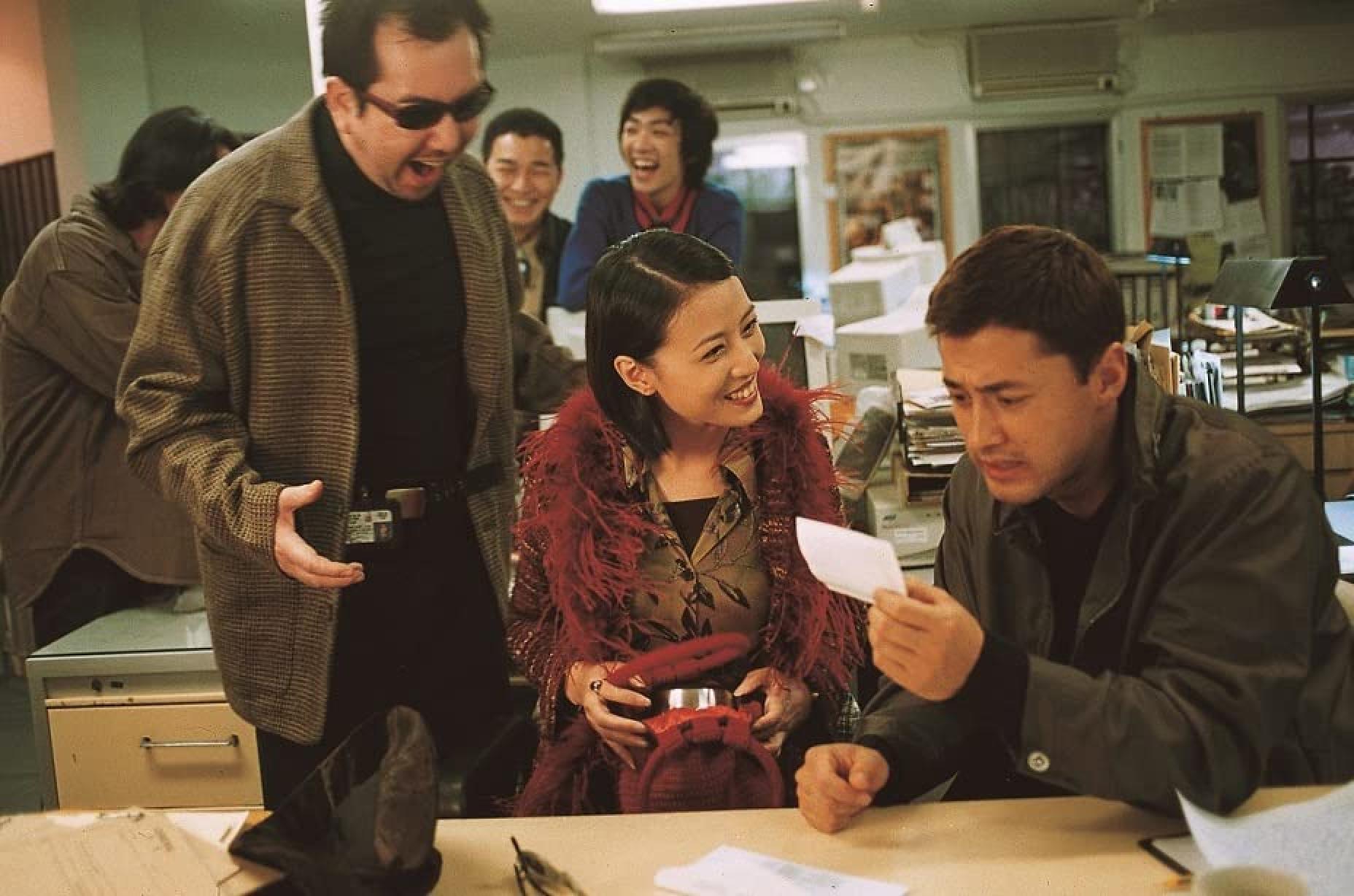
Wasn’t it risky to do your research in places like that?
Well, once I sat at a table that was usually used by a gang without knowing it. When the gang turned up, they recognised me, and did not know what to do. They decided not to beat me up.
Instead they sat down and started telling me stories! Some of these were probably untrue – they were great stories about how they beat other guys up. But I still learned a lot.
Anthony Wong’s cop character is quite sleazy – he is almost a gangster himself.
He might act like a triad, but he always comes down on the side of the law in the end. He is neither completely black nor completely white. He is quite a realistic person.
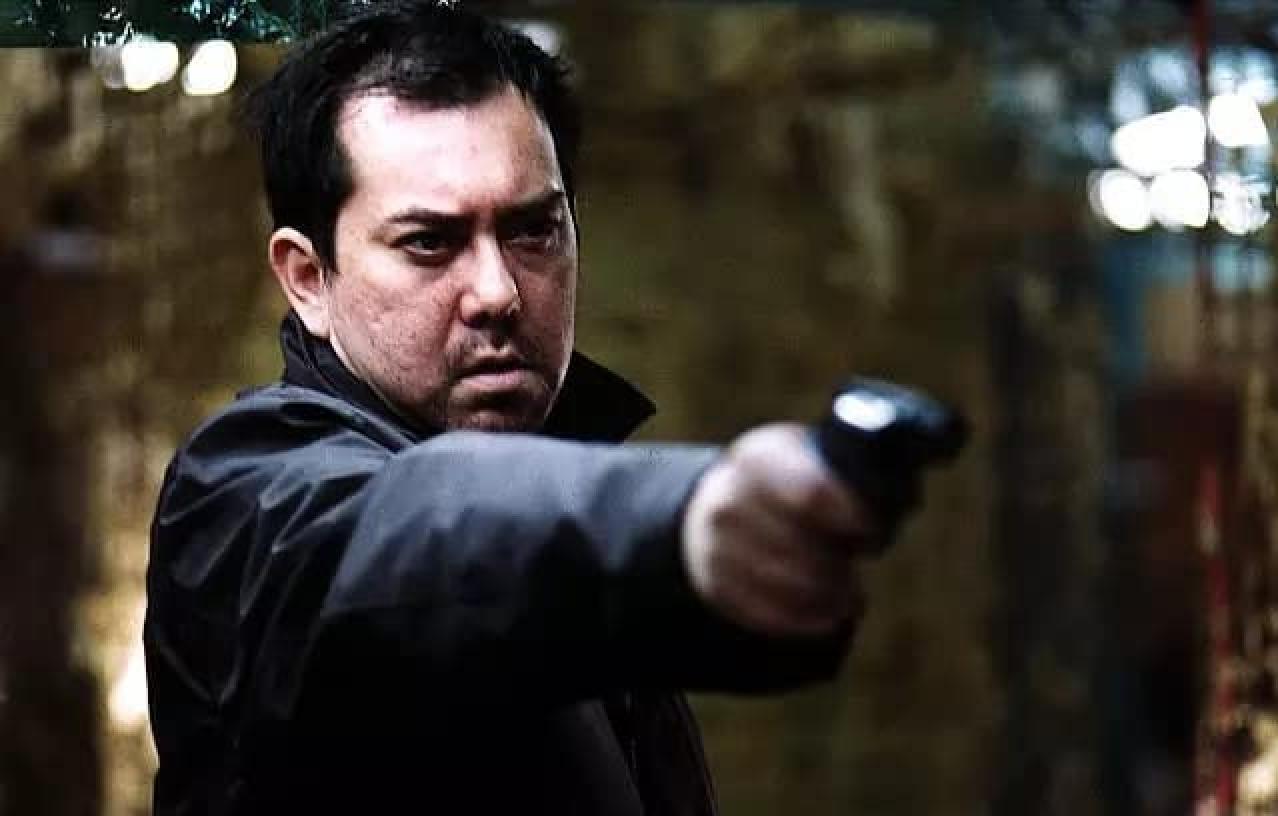
The film was shot in Mong Kok, which has a lot of triad activity. Was that difficult?
It was not difficult – it was actually quite exciting. We drew a lot of local onlookers, and I noticed they were having a good time. That convinced me that I was making the right movie. I got a lot of inspiration from the onlookers. It is a film about them – a film for them.
In this regular feature series on the best of Hong Kong cinema, we examine the legacy of classic films, re-evaluate the careers of its greatest stars, and revisit some of the lesser-known aspects of the beloved industry.
